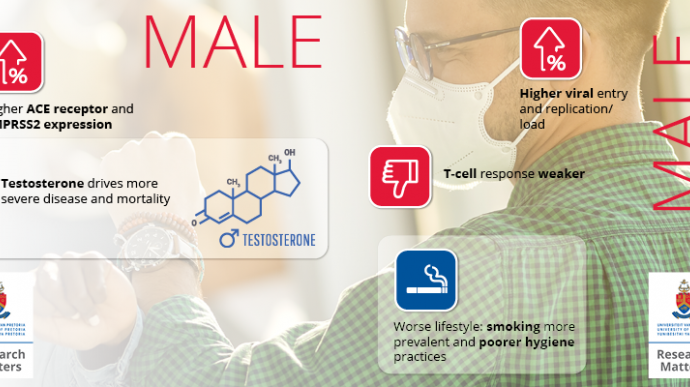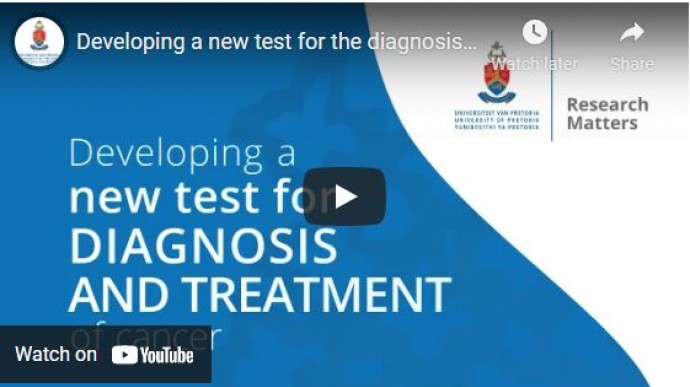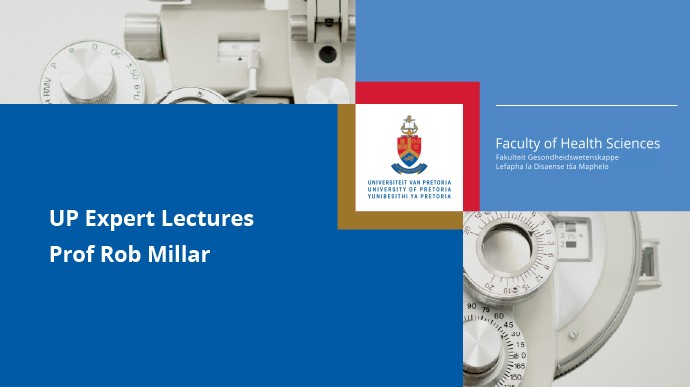
 Infographic
Infographic
There are substantial sexual disparities between the outcome of COVID-19 disease in men and women. Numerous studies have confirmed that while there is no difference in the proportion of males and females with confirmed COVID-19, male patients have almost three times the odds of requiring admission for intensive treatment and higher odds of death compared to females.
 Story
Story
Along with Italian colleagues, Prof Robert Millar published a paper in the journal Neuroendocrinology about the differences between men and women in terms of COVID-19 outcomes, focusing on the role that sex hormones play on the severity and outcome of the infection and the complex interplay of sex with the ACE2 and TMPRSS2 enzymes, and inflammatory and immune systems.
 Story
Story
Two University of Pretoria (UP) researchers are among nine researchers in South Africa who have received funding grants from the South African Medical Research Council (SAMRC) as part of the Strategic Health Innovation Partnerships (SHIP) programme.
 Video
Video
Professor Robert Millar and Dr Iman van den Bout, of the Centre for Neuroendocrinology in UP’s Faculty of Health Sciences explain their research into cutting-edge solutions for the diagnosis and treatment of prostate cancer and breast cancer respectively.
 Lecture
Lecture
The title of Prof Millar’s lecture was ‘A hitchhiker’s guide to the galaxy of brain/body dialogues’. He spoke about peptide hormones that regulate all aspects of body functions, including growth, energy metabolism and appetite, water and salt balance, stress and reproduction. These hormones are the target for a vast array of drugs that have found application in treating a wide range of...
Copyright © University of Pretoria 2025. All rights reserved.
Get Social With Us
Download the UP Mobile App